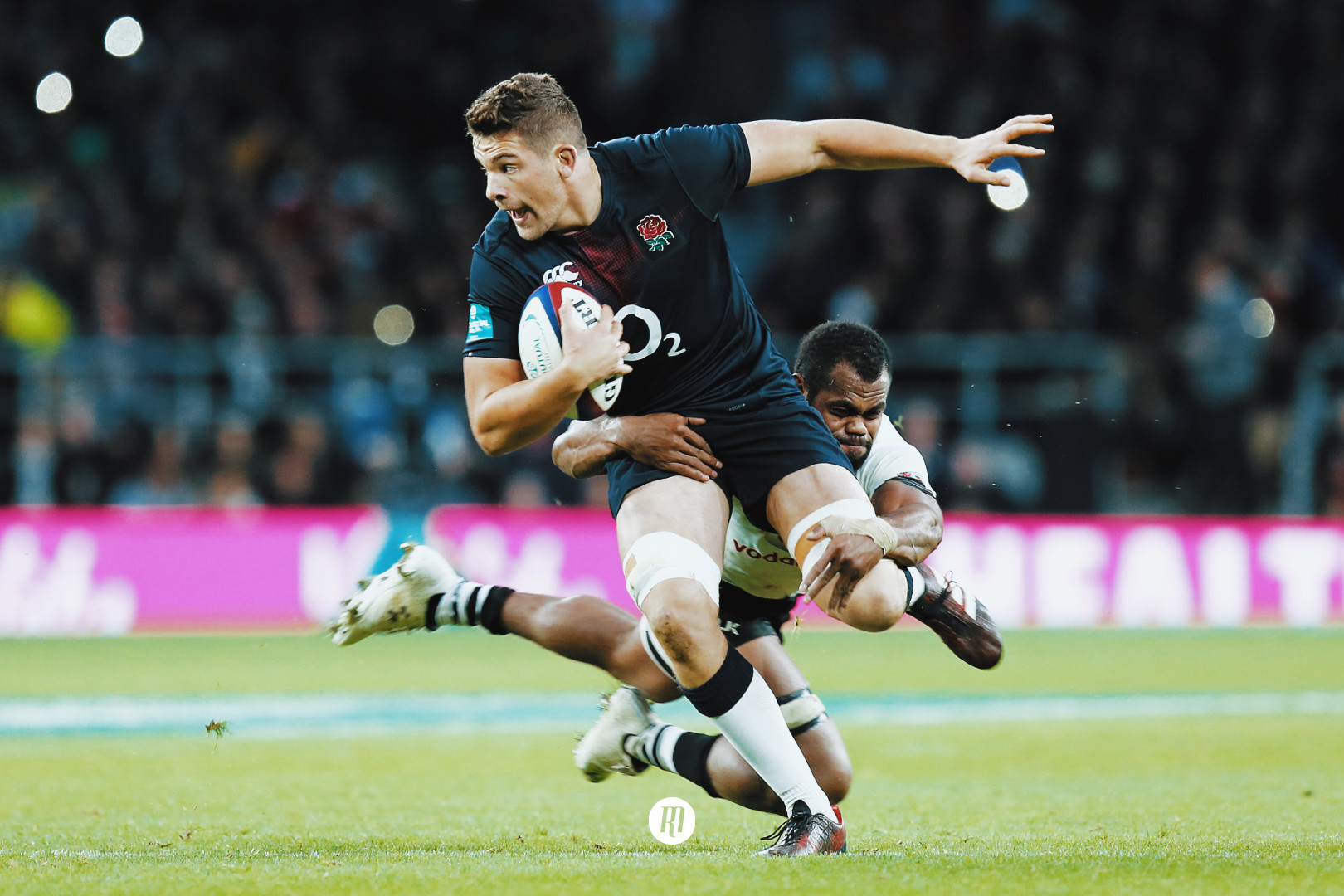I’ve hailed rugby’s evolution to a shiny new future, but am I championing the beginning of the end?
Shiny new stadiums, slick new international formats and rule change proposals. Like it or not, Rugby Union sits on the precipice of evolution. While I have championed all of the aforementioned changes and more, could rugby be roving too far from its foundations and towards self-harm?
Ever since I first stepped into the sporting industry as a professional and no longer just a fan back in 2014, beginning my two-month Sports Rehabilitation placement at Bath Rugby, I have come to realise just how far behind the rest of Britain’s elite sports rugby is. The rugby industry is smaller than ‘outsiders’ assume, and often less intense than you may realise; or at least, it certainly was for me. It sounds like a slight, it’s not.
Rugby is one of the few sports able to simultaneously attract millions of viewers each year whilst maintaining affinity with its amateur counterpart. Fans’ access to players on match days, regular post-match team booze-ups and the true-ringing cliché of all shapes and sizes reserved their own unique slot in a XV are just a few aspects of our game that allows it to sit in the middle ground (admittedly further to one side) of the amateur-professional divide in sport. We should preserve and cherish as many of these values as we can.
However, the professional game is in an unhealthy state as far as finances are concerned. Both the cost of player wages and the stresses placed on squad depth are at an all-time high. Only one Premiership club sits in the green profit margin at the end of the year, and the losses are only rising. Without a cash-rich sugar daddy backing you, Directors of Rugby simply would not possess the finances germane to both lure in new talent and retain the old. A challenge Sale Sharks boss Steve Diamond bemoaned so often before the arrival of new owners Simon Orange and Ged Mason in 2017.
After years of being the sport’s richest governing body, the RFU are facing talk of a grassroots revolt following widespread redundancies and cutbacks. The picture is no less pleasant elsewhere. Wales, Scotland, New Zealand, Australia and South Africa are all locked in a tooth and nail fight to keep their best players in the country. Premiership, French and Japanese clubs alike jostle to ensure the contract they place on the desk is the last one the player in question will see for the next three years.
There is expected to be just one capped Springbok lock remaining in South Africa next year, one-time capped Lions lock Marvin Orie. You will be able to cobble together entire Springbok and Wallaby starting teams from the Premiership next season and stand just five players short of an All Blacks side to hit the trifecta.
While the lure of a different way of life persuades a few players to live abroad, high wages are the driving force for the Southern Hemisphere exodus. The point is, rugby needs to continue to find ways to evolve and expand, regardless of your hemispherical locality.
This obvious need for expansion, consolidation and/or revolution has had me all in favour of the Nations Championship, Premiership sides aligning themselves with football teams (see Saracens and Spurs) and the continued improvement of the fan experience (see Bath’s new stadium plans).
But, I am also firmly in the belief that we absolutely must hold on tight to the aspects of the amateur game we can; I don’t ask for much… But we must keep moving forward to this utopian future. It won’t actually be utopian, but I like to imagine the Jetsons’ flying cars and giant stadiums made entirely of mirrored glass when I picture it in my mind. It’s a much flashier mental image than the improved access to stadium facilities for fans, a lack of financial turmoil in the spreadsheets and an increase in Press Room freebies.
But in recent weeks I have begun to fear that rugby is at risk of stretching one step too far, toppling the stool it’s standing on whilst trying to claim that final jar on the shelf, only to come crashing down. Part of the charm of this sport is the familiarity to be found between your local club in the seventh division and the 2017 Premiership Champions Exeter Chiefs, and indeed to varying degrees the rest of our professional sides.
Will the commercial departments and owners be allowed to overextend in their quest for rugby’s equivalent of the Holy Grail?
Much like the rather dramatic ending of Indiana Jones and the Last Crusade, could CVC - the Premiership’s and reportedly the Pro14’s and Six Nations’ new financial partners - emerge as the Walter Donovan (the wealthy American industrialist that aligns himself with the Nazis) and not the Indy we are hoping them to be?
Donovan began the film as a friendly cash-rich partner, promising only assistance. Whereas at the end of his torrid tale, he dramatically wilts before our very eyes after eagerly claiming the eye-catching golden goblet he hastily assumes is the true prize. Rather than the shrewd Indy, picking the ordinary-looking cup typical of the everyday working man that proves to be the true source of life eternal. So which protagonist will the powers-that-be emerge as? Indy or Donovan? No one can profess to know the answer.
The emotions I hold towards rugby’s future are equal parts fear and excitement. Finding this balance, that could prove to be feather-light, will require multiple minds of great intellect from either side of the rugby-marketing dynamic. There is so much progress to be made in rugby fulfilling its potential. But there is just as much at risk of being lost.

Filed under:
Club Rugby, International
Written by: Alistair Stokes
Follow: @alistokesrugby · @therugbymag




